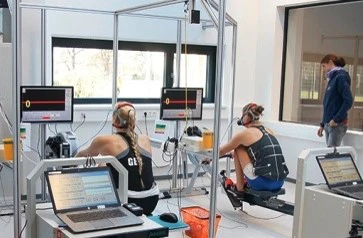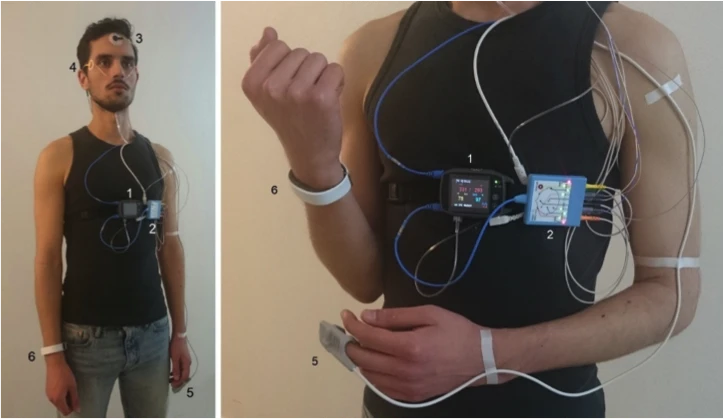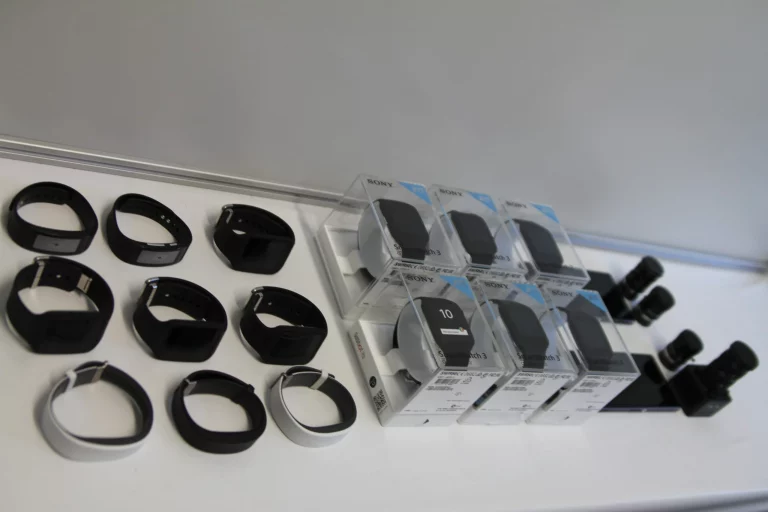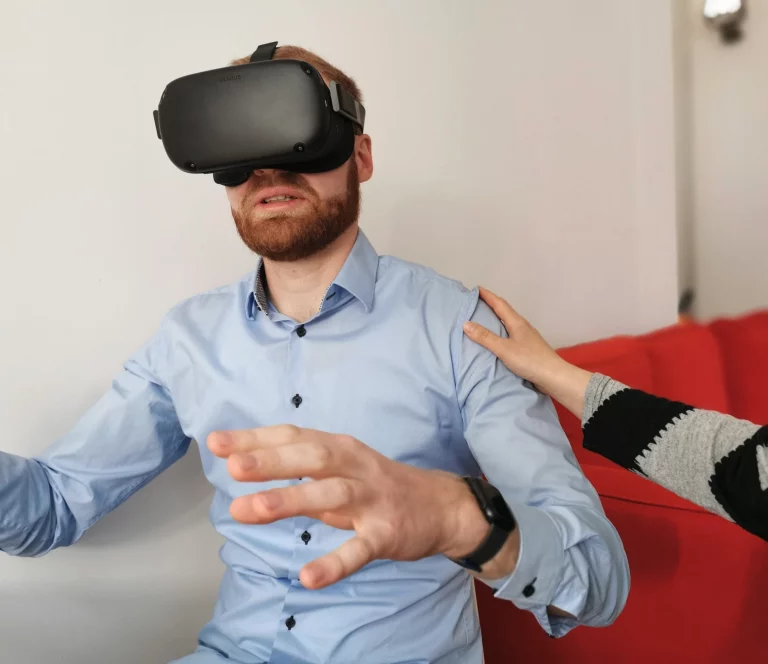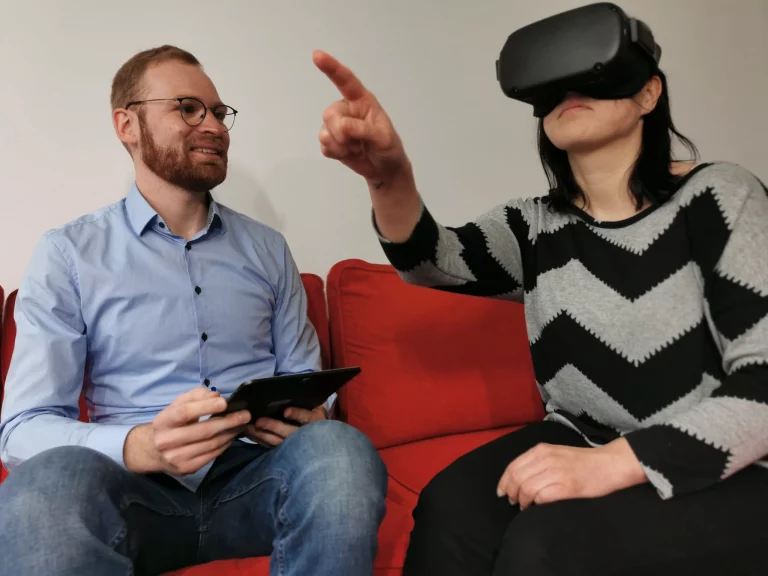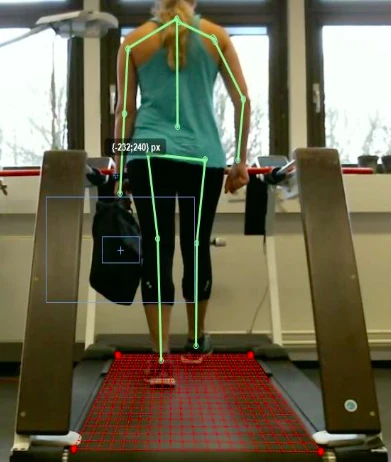
Smart Wearables for Monitoring of Health-Related Behavioral Variables
Improving Health Habits and Life Quality
Project Justification
Wearables such as smartwatches and smartbands are used by a lot of people to track their health status. Information on one’s own health behavior including exercise and sleep activities can shift awareness to this topic and consequently lead to a healthier and more mindful lifestyle.
Acceleration data collection in use case 3: Alternate running and walking in 2-minute periods
Our Approach
The aim of this study was to evaluate two smartwatches regarding their ability to track heart rate (HR), step count, and sleep stages. The experimental procedure consisted of several use cases to measure HR accuracy in different cardio zones. Therefore, the participants were asked to walk and run on a treadmill. For the assessment of sleep, they were invited in a sleep laboratory. In both lab settings, data from the smartwatches were compared to scientific lab data. Additionally, user experience was assessed in a focus group through an explorative interview and guided group discussion. In order to assess possible ergonomic constrains several validated questionnaires were administrated after a habituation period.

Evaluated smartband
Insights and Outcomes
There was a high correlation between the smart watch and laboratory measurements for heart rate and step count and a fairly accurate detection of sleep markers. User experience assessed in the focus group resulted in useful insights regarding information provision, operation, and charging of smart wearables. The accompanying software of the evaluated smartwatch was constantly rated very positive on user experience dimensions.
Experimental procedure included several typical use cases to measure accuracy of step counting algorithm. Use cases involved (a) alternate running and walking on a treadmill, (b) walking with suitcase, (c) walking with a smartphone while texting and (d) rest detection during typical office tasks.
Successful Projects
Development of a screening and support portal as an extensive psycho-social diagnostic mode for refugees
Features extraction of auditory, visual, and physiological data for diagnosis system of affective disorders
A holistic view of interrelated frailties to reduce frailty risk by improving overall well-being
Feedback-assisted rehabilitation after surgery of the anterior cruciate ligament
A contribution of German elite sport to smart health promotion
Market overview, legal and technical requirement analysis, living lab study, and implementation of corporate health management programs
Desktop and virtual reality-supported module variants to bridge waiting times between therapy sessions and enrich ambulant therapy
Support of acute therapy and relapse prevention in the deep psychological treatment






